You’re peacefully sleeping, and suddenly your alarm jolts you up in bed. The first thing you smell is coffee, something most of us drink in the morning. The article “About Caffeine” from Villanova University states, “90% of Americans consume more than 300 mg of caffeine every single day!” Nearly everyone we interviewed explained that they drink at least one cup a day, and TL math teacher Ms. Lawrence said, “I have one container of coffee which is anywhere between 2 and 3 cups every day.” That’s a lot of coffee! Mr. Tow, an AP/Honors English Teacher explained, “I have a cup of coffee in the morning while getting ready, I have my coffee which I bring to school, which is like a cup, cup and half, and then sometimes in the afternoon when I’m grading I’ll have a cup of coffee or a cup of tea.” Everyone consumes caffeine in a different way. No matter if it’s coffee or tea, the caffeine in the drink still affects your body in the same way.
The informational article, “What Caffeine Does To Your Body,” states, “Caffeine is a stimulant and the most commonly used drug in the world. Every day, millions consume it to increase wakefulness, alleviate fatigue, and improve concentration and focus. Caffeine’s use as an alertness aid should only be occasional. It is not intended to replace sleep and should not regularly be used for this purpose.” Since there is so much caffeine in coffee, and it shouldn’t be used as an alertness aid, we wanted to know why decaf coffee isn’t more popular. Junior Tristyn Lai drinks a cup of coffee every day, so we asked her why she doesn’t switch to decaf; she explained, “My parents always told me that decaf was bad for your health, so I always avoided it.” While decaf seems as if it would be better for you, it actually has some caffeine in it. By drinking decaf you get a milder effect than full caffeine, but you still will have withdrawals if you cut it off.
Caffeine can put a lot of pressure on your body and your system. We asked Junior Natalie Darren if she had ever stopped drinking caffeine, she replied, “For about a week, I tried just drinking tea that wasn’t caffeinated. I would definitely say I took a lot of naps.” If you don’t cut caffeine off slowly your body goes into fight or flight mode, so since caffeine keeps you awake, cutting it off will put you to sleep. She was able to go off of caffeine without having too many symptoms, but because many people are scared of what their symptoms would be, they aren’t willing to cut it off.
There are many severe symptoms that people can get after going off caffeine. The article, “What Happens After I Cut Off Caffeine”, by healthline.com, specifically explains what happens when you cut off. They state, “Caffeine is associated with many side effects, including: sleep disturbances, anxiety, depression, stomachaches, acid reflux, muscle twitching, cardiovascular problems, bodily pain, social difficulties, irritability, nervousness, difficulty concentrating and thought disturbances.” Many people don’t get all of these symptoms, but the ones that do get can be severe. Mr. Tow went off of coffee a few years ago and this was what happened: “So, I got really sick a couple years ago– I got a really bad flu that turned into pneumonia and coffee kind of dries you out because it’s like a diuretic which makes you have to pee more so I was not able to drink caffeine and I was miserable. I was mad and grumpy and groggy–it was terrible.” After drinking coffee for a long time and wanting to cut it off, this probably sounds like a nightmare. Since coffee is basically a drug, there is no easy way to cut it off entirely.
Since there are so many (potential) severe symptoms of withdrawal, we decided to do a self experiment. I (Marlena Lash) drank coffee every single day, so I decided to not drink any for one school week to see what my symptoms were and how much it would affect me. Here were the results: On the first day, I had a little bit of a headache and was more tired than normal. On the second day, I was very tired, but also slept better than normal. When asked if I benefited from not drinking coffee, I explained, “I feel like I did benefit because I know I’m more awake due to natural energy and I know that if I go off permanently it’s going to benefit me in the long run. However, I also think no, because I enjoy the taste of coffee and I miss it.” During the next several days, I had most of the same symptoms. As the days went by, I craved the energy of caffeine more and more. This is a perfect example of how badly you can get addicted to caffeine and how much it can affect you.
So: many people in today’s society drink coffee or caffeinated drinks but don’t even know how much caffeine is in them or what is safe to drink. Have you ever wondered how much caffeine is in one cup of coffee or is safe to drink for the average healthy adult? 95 mg of caffeine is in one cup of coffee and 400 mg is safe to drink for most adults! In fact, every time we asked someone if they knew how much is in one cup or is safe, everyone didn’t know the answer.
Caffeine mostly comes from drinks but, surprisingly, comes in other forms as well. Here is a link to a list of the many items that contain caffeine and how much is in each. https://cspinet.org/eating-healthy/ingredients-of-concern/caffeine-chart


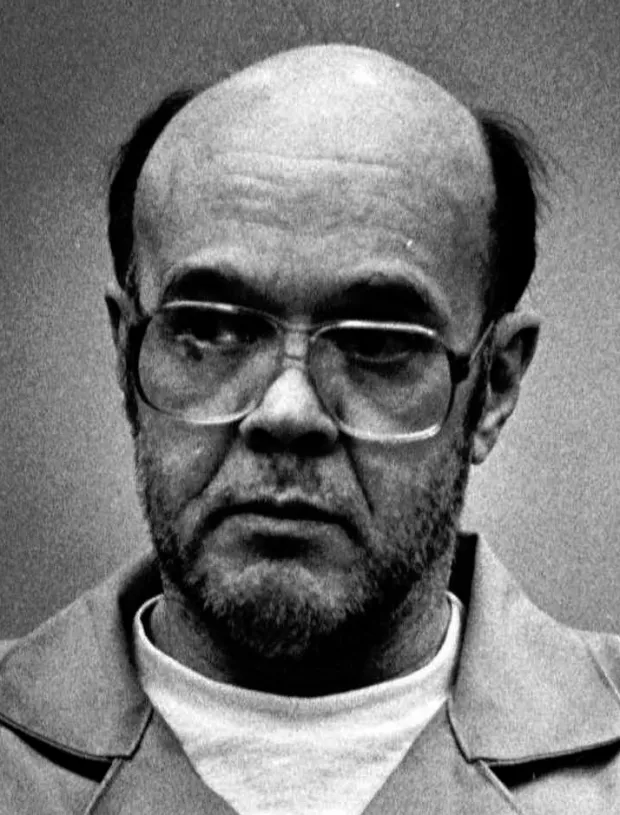
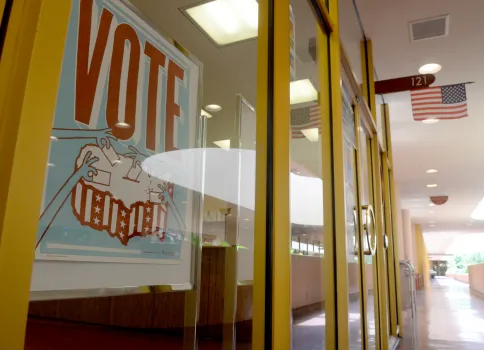
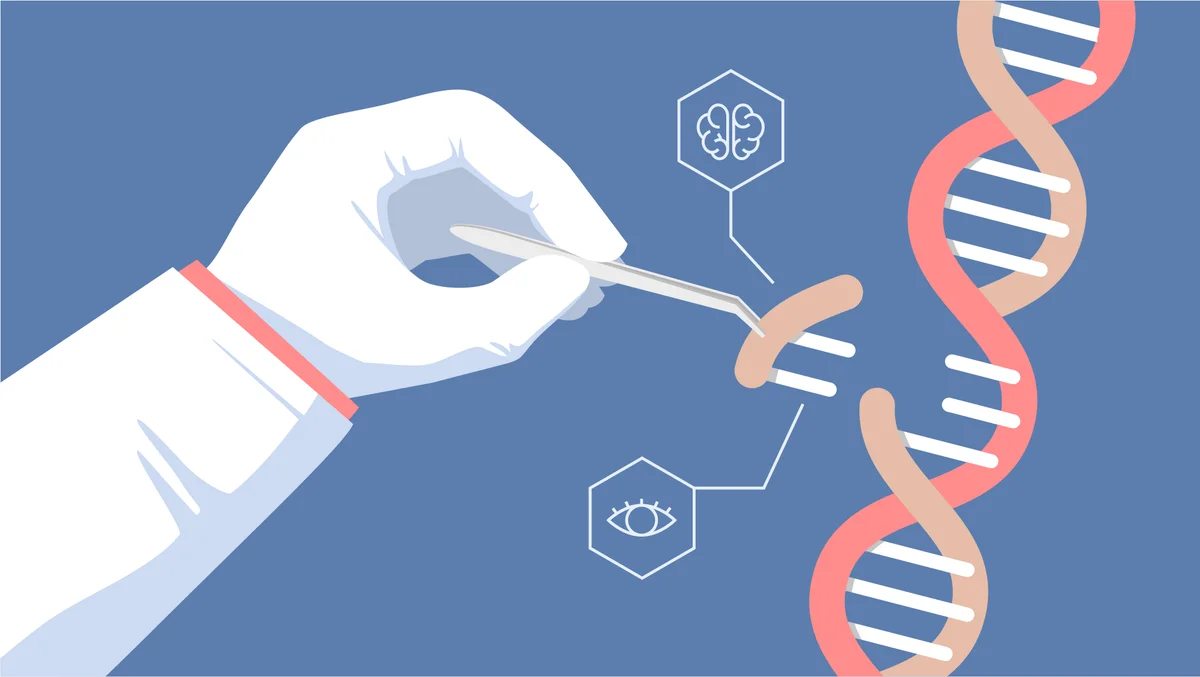




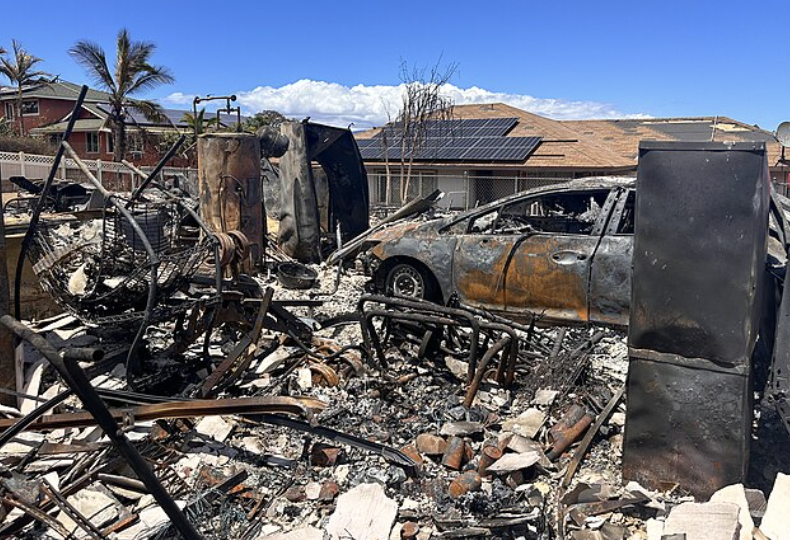
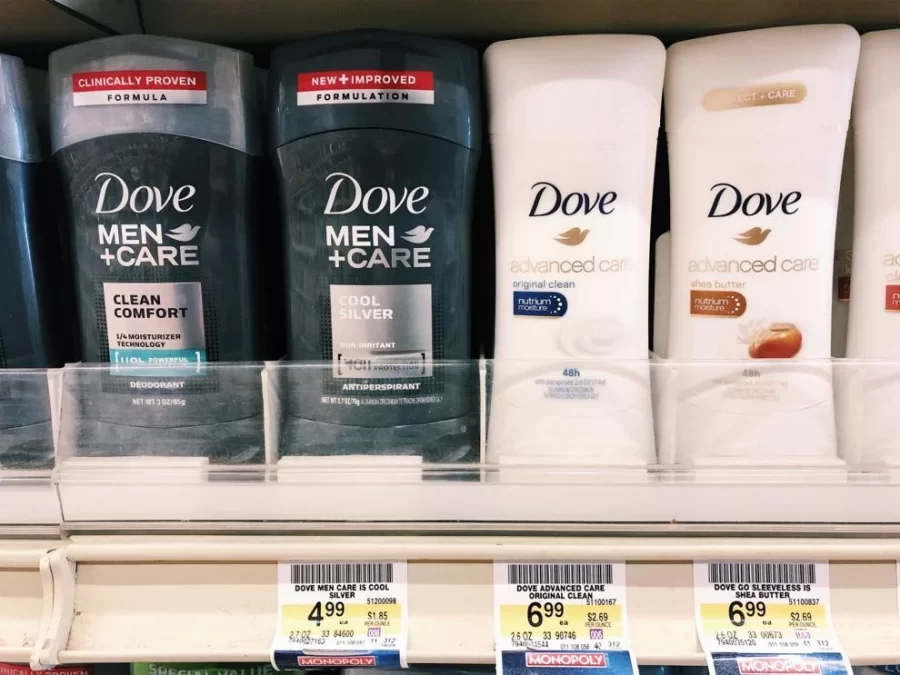
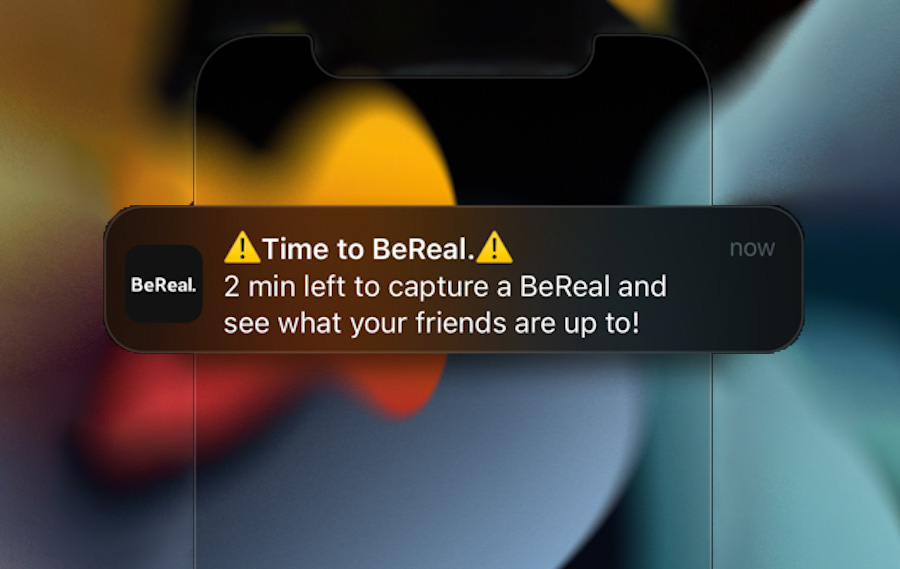
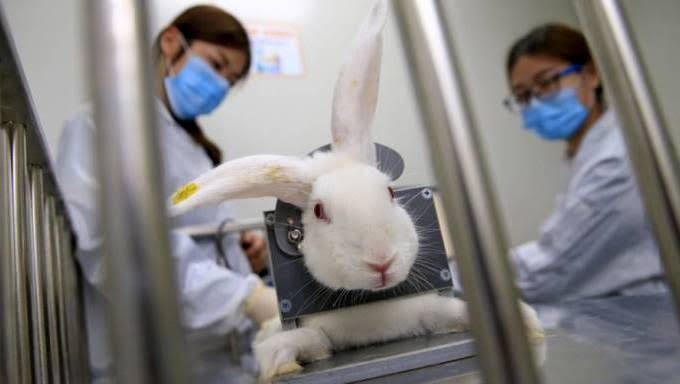
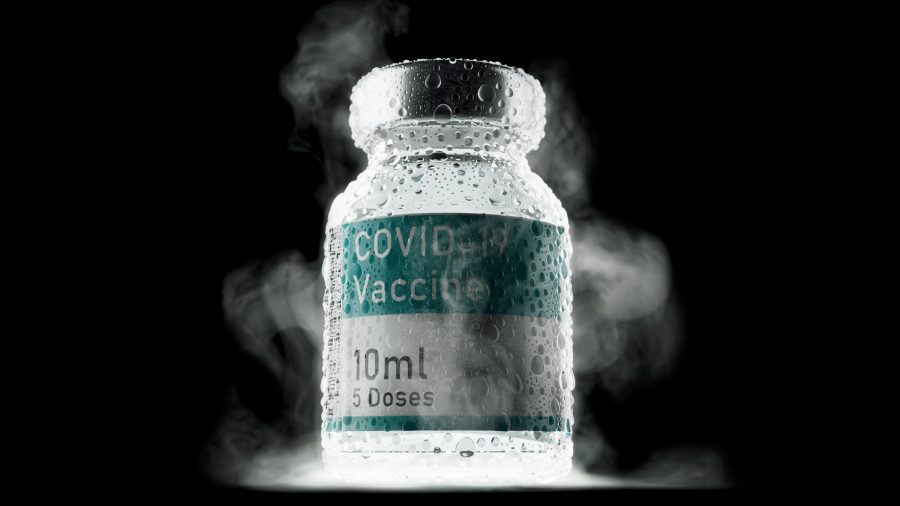
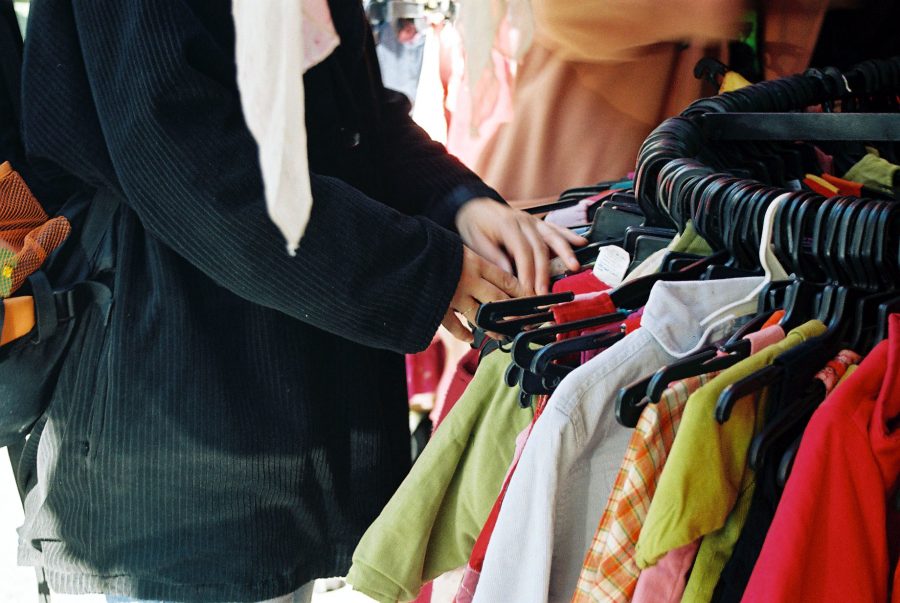

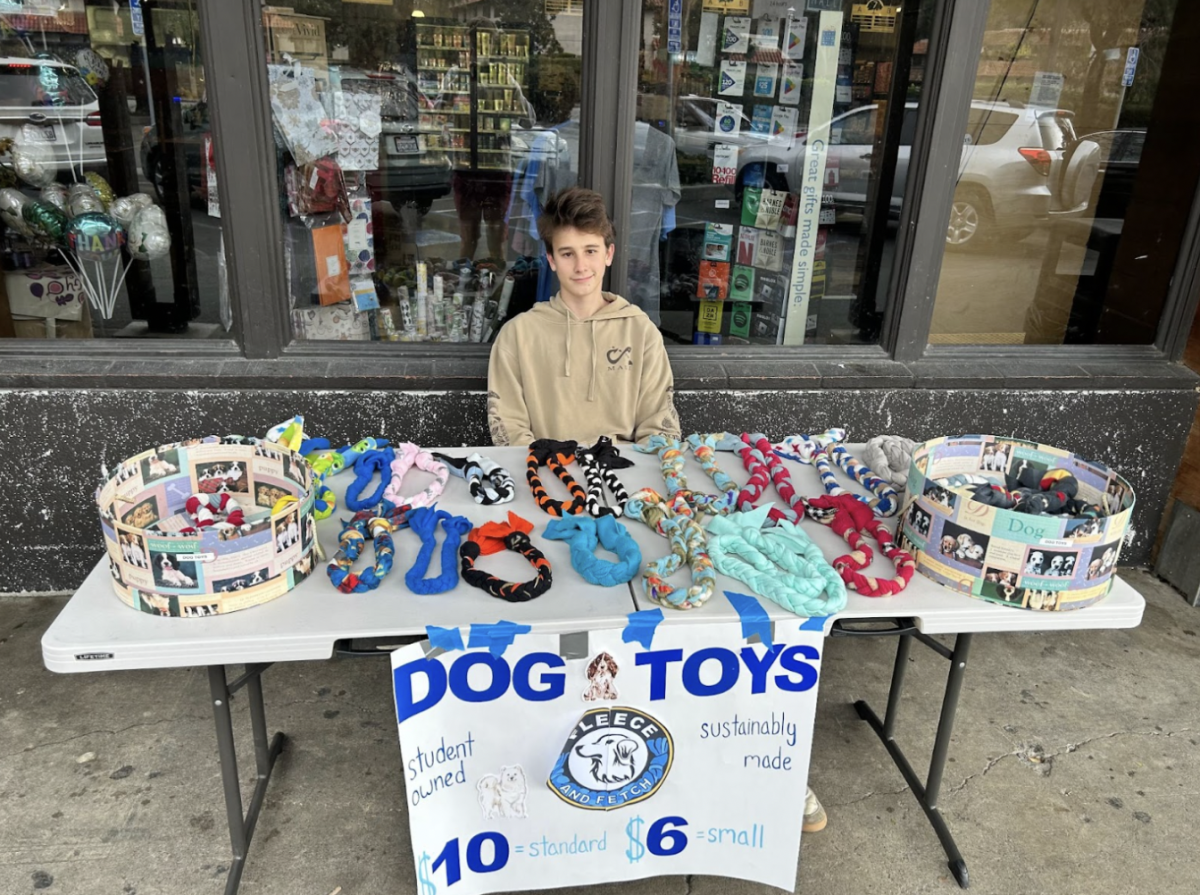
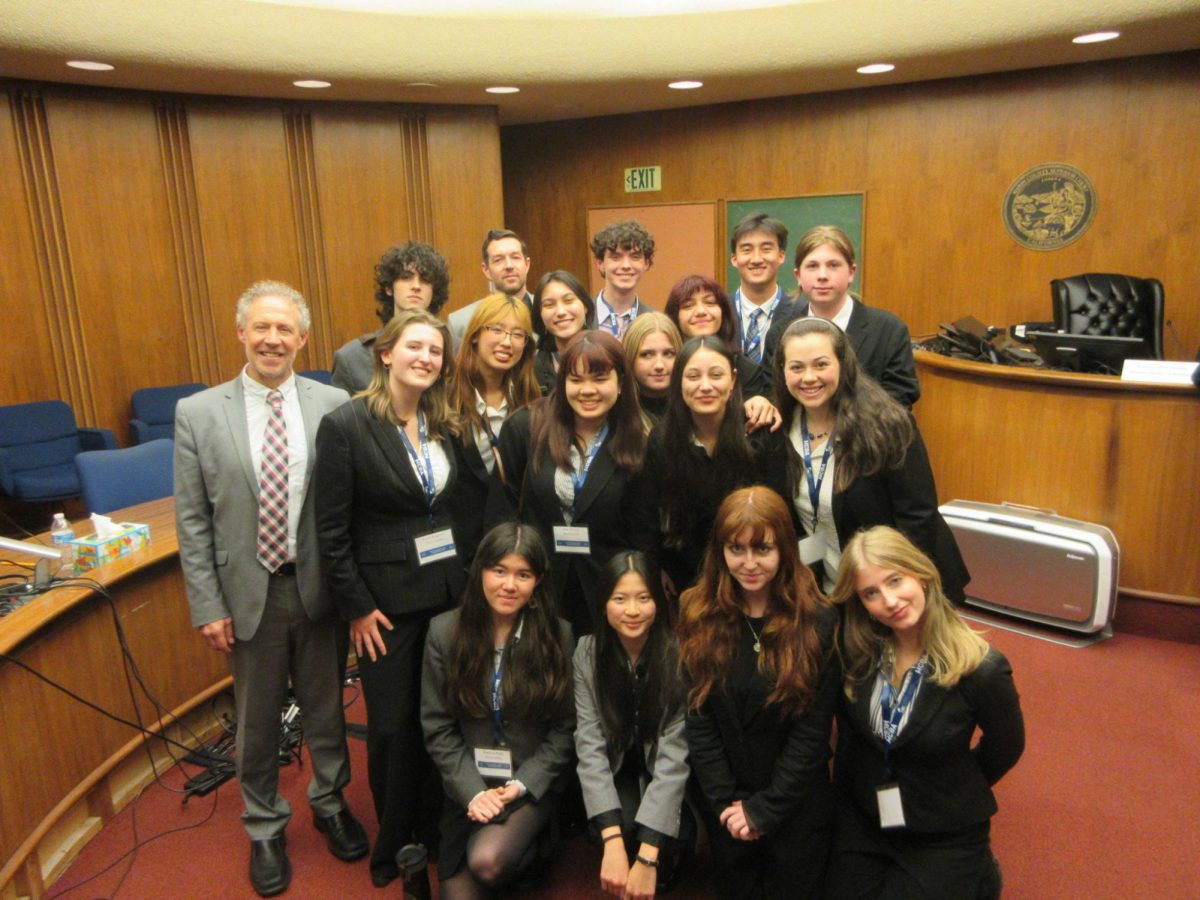

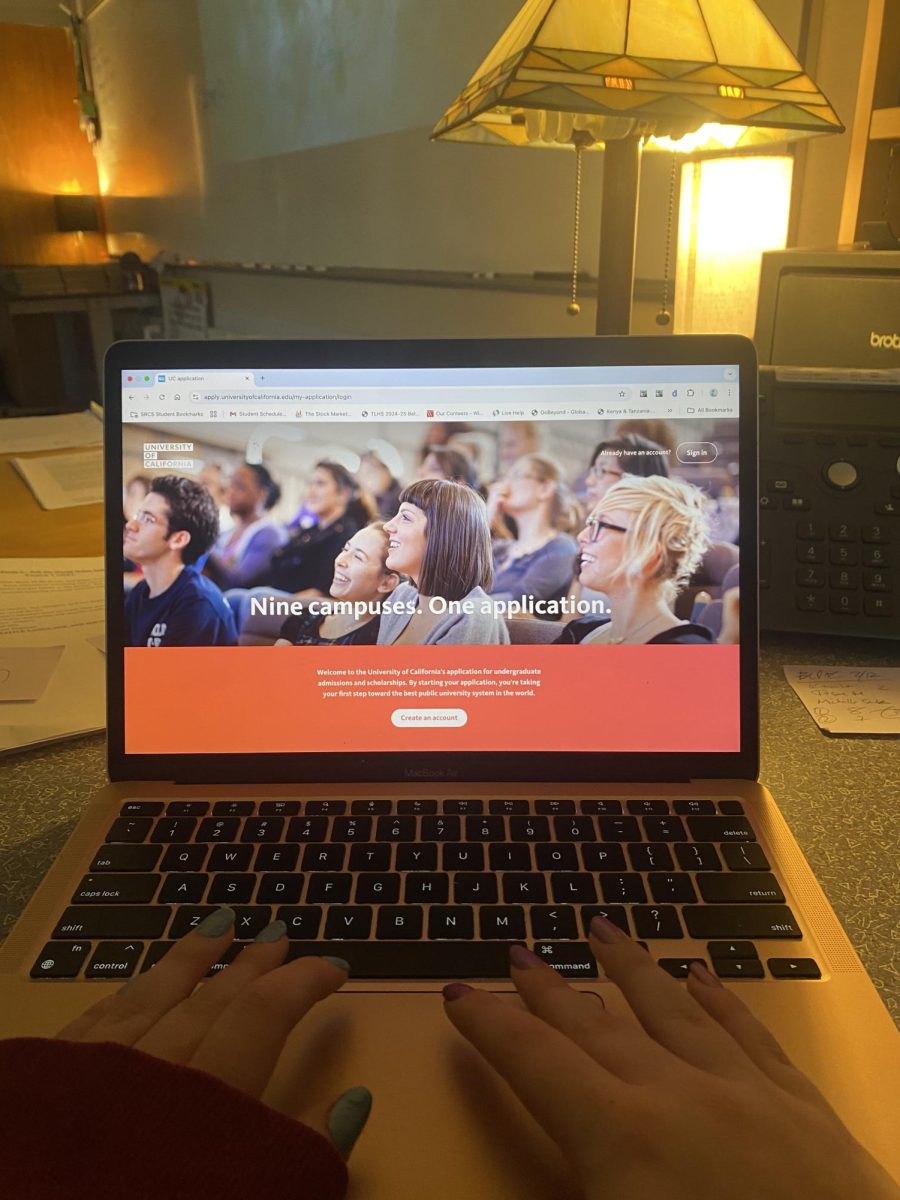
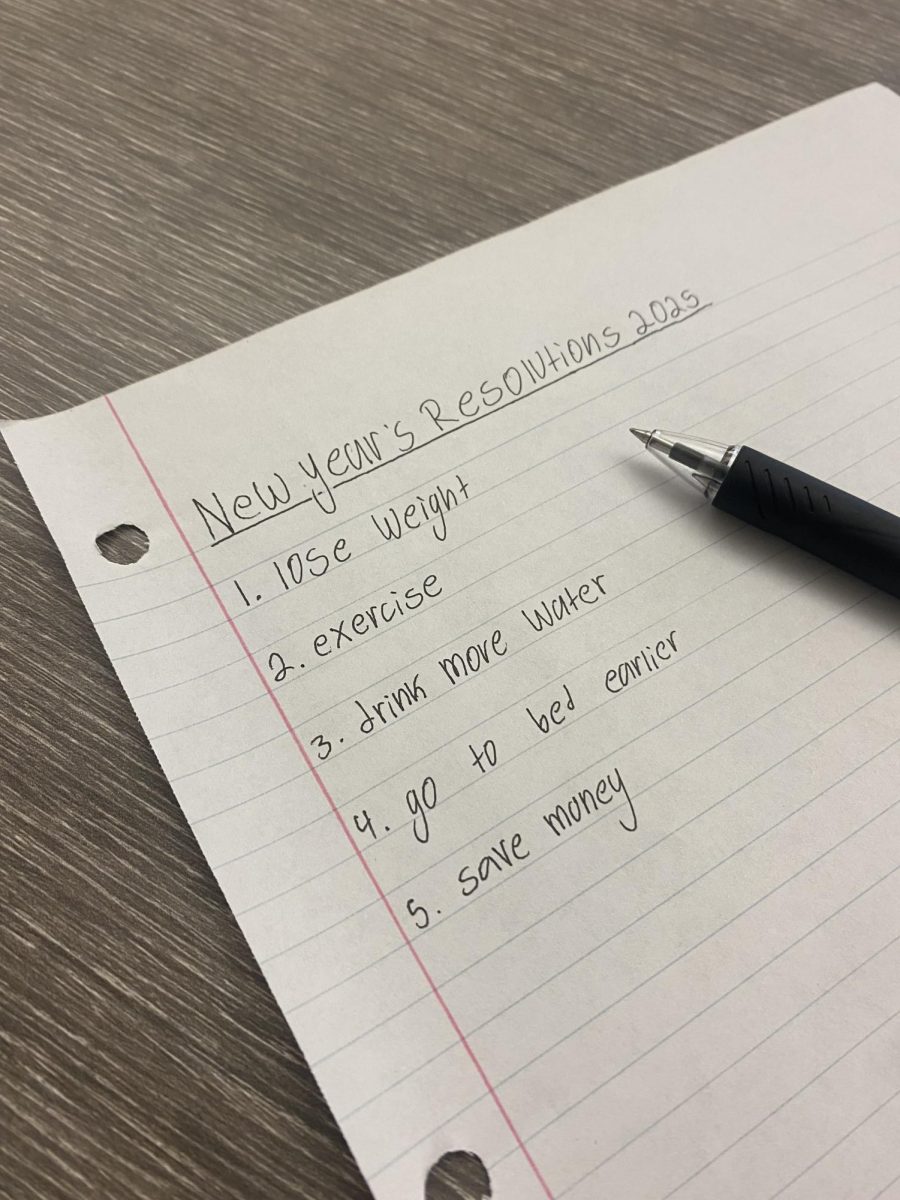


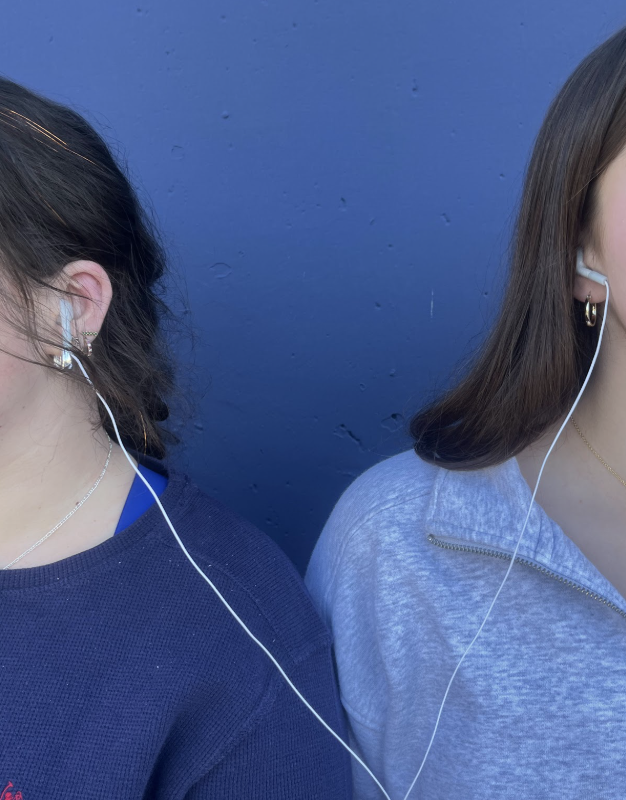















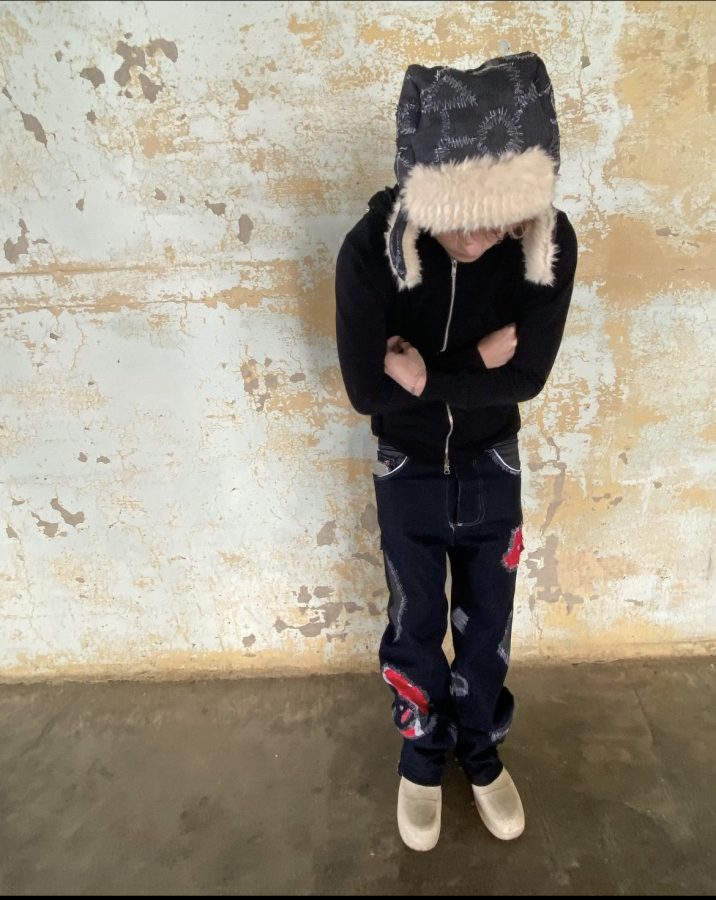












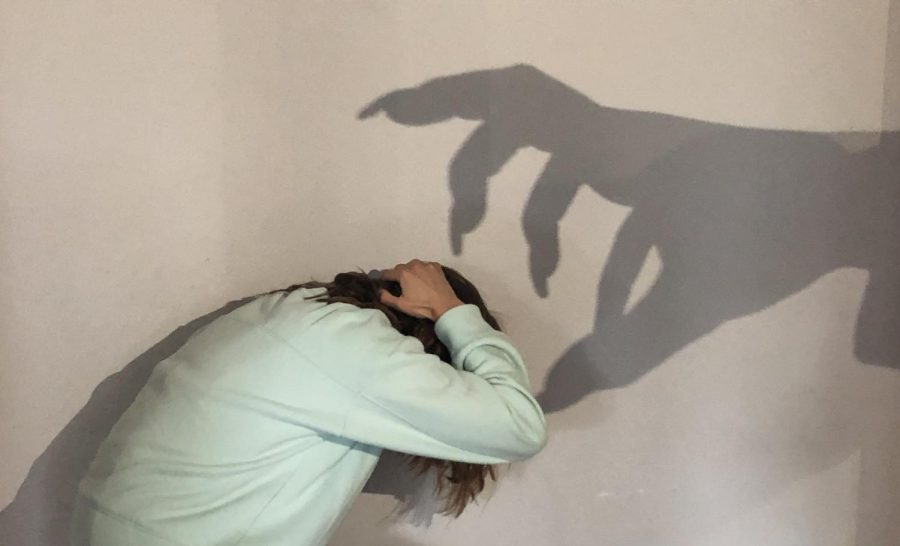
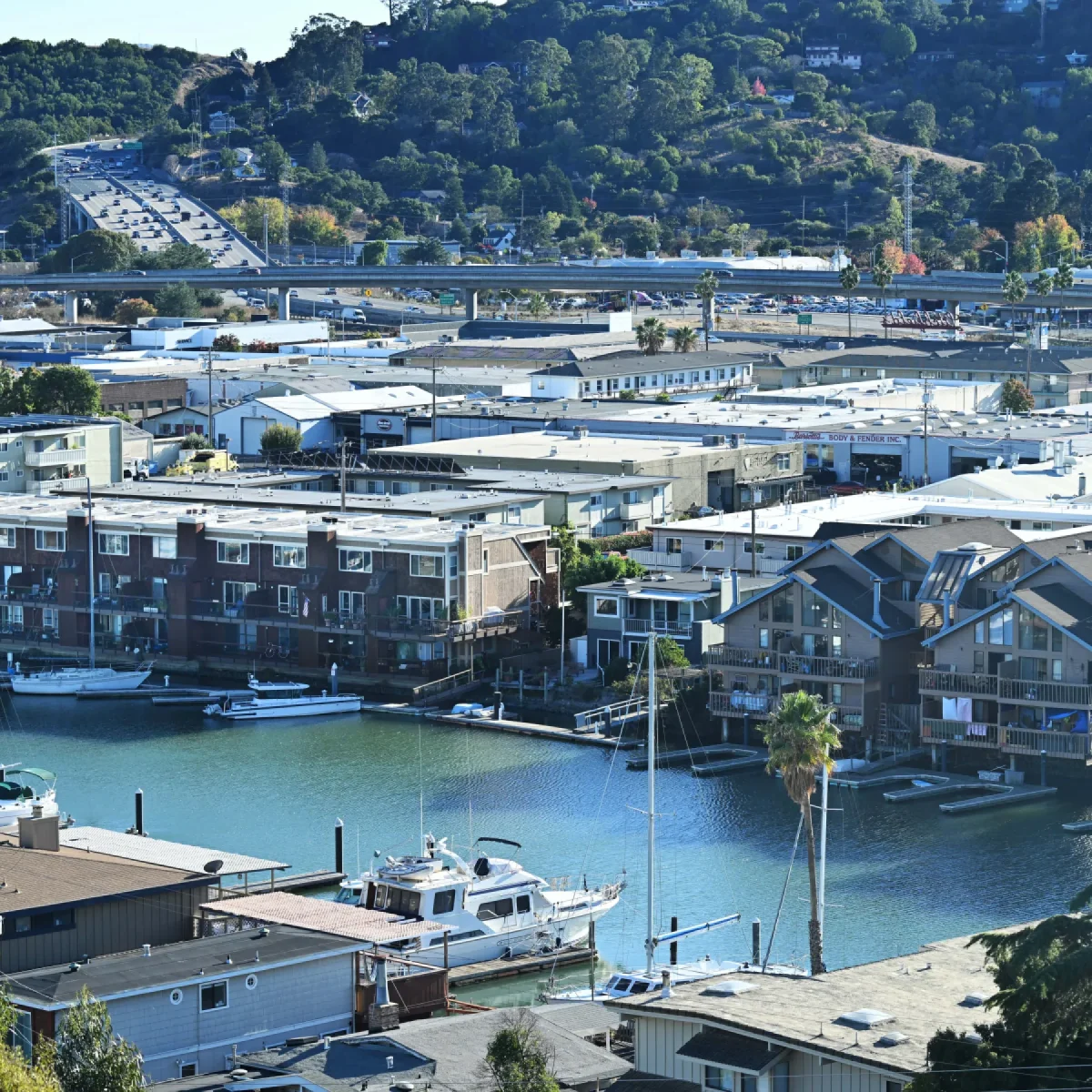

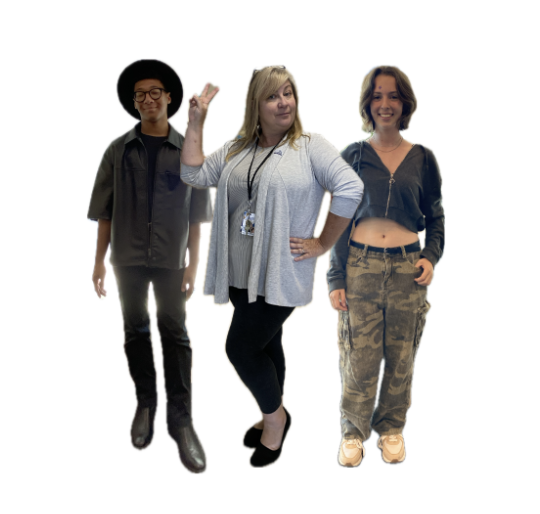


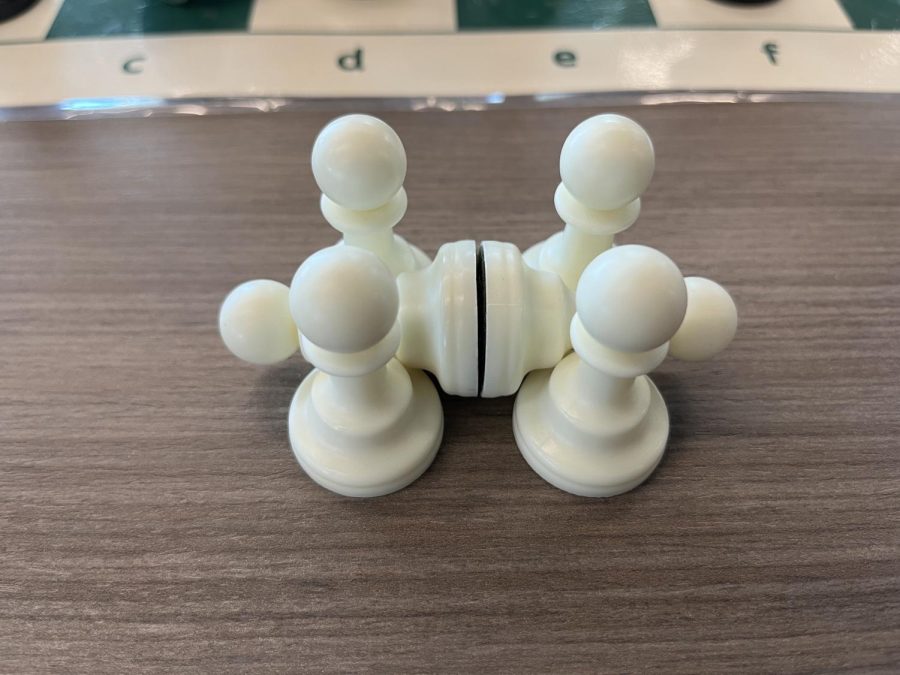
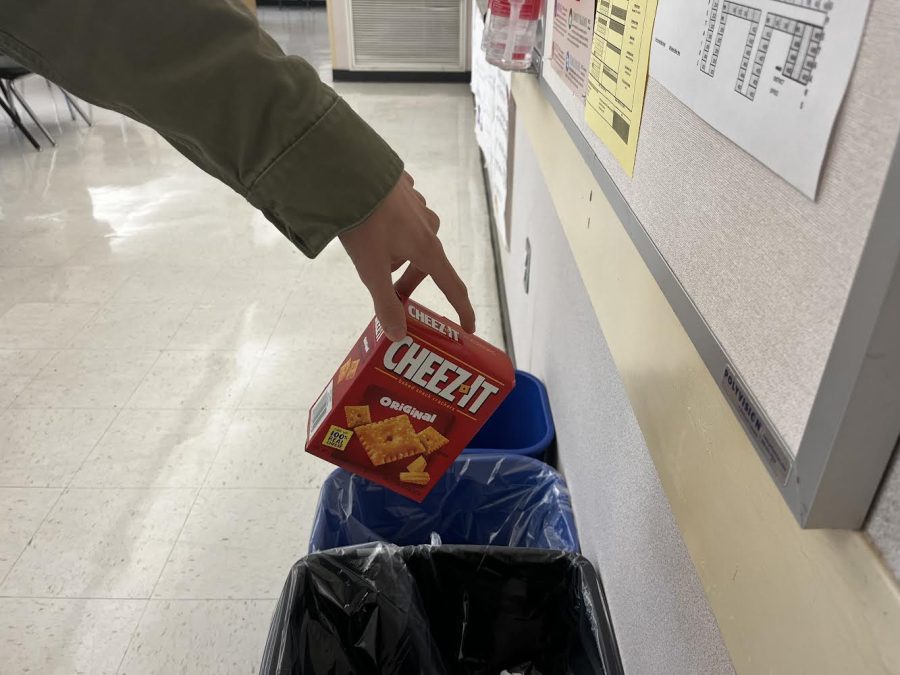

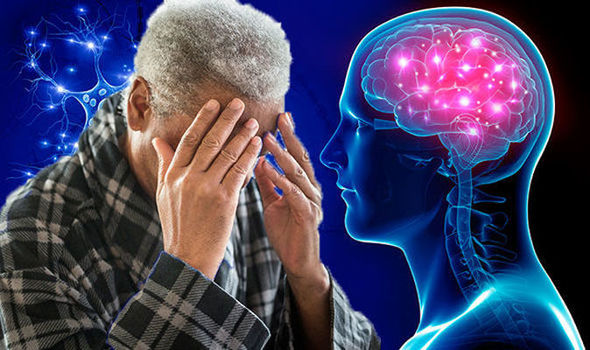
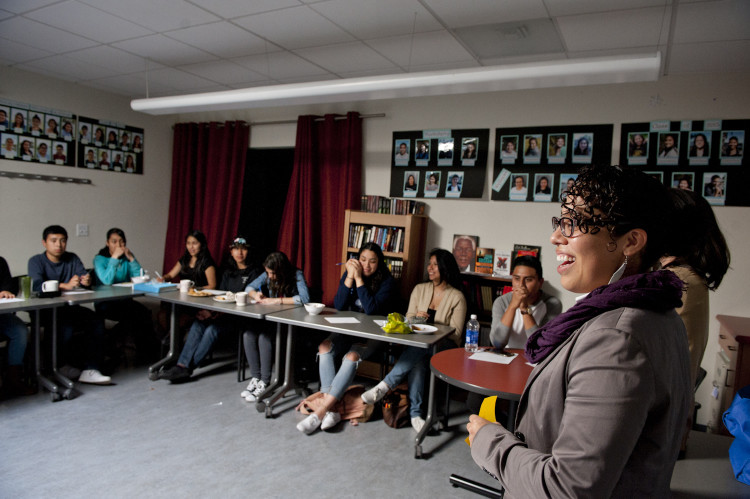


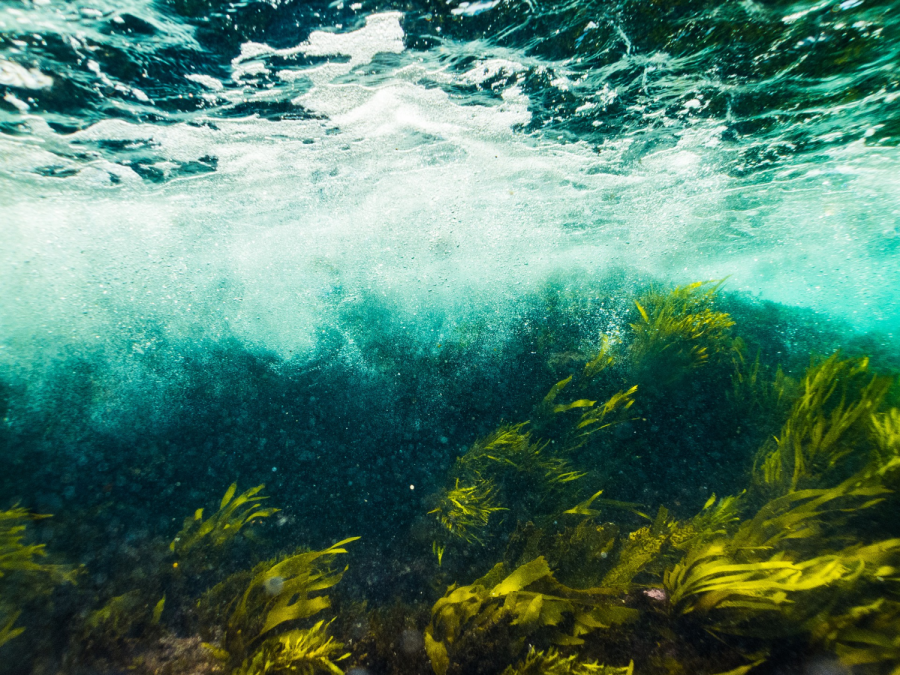

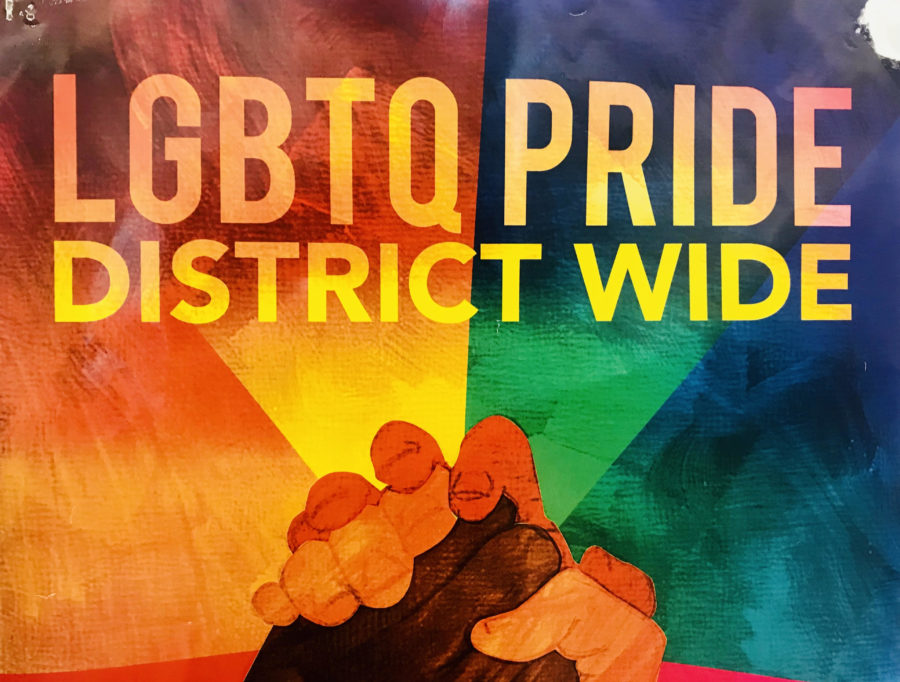
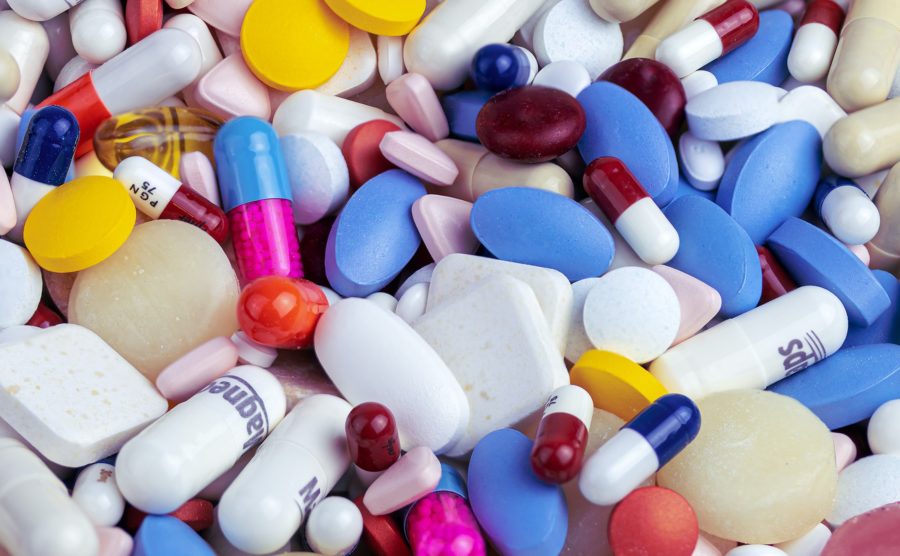
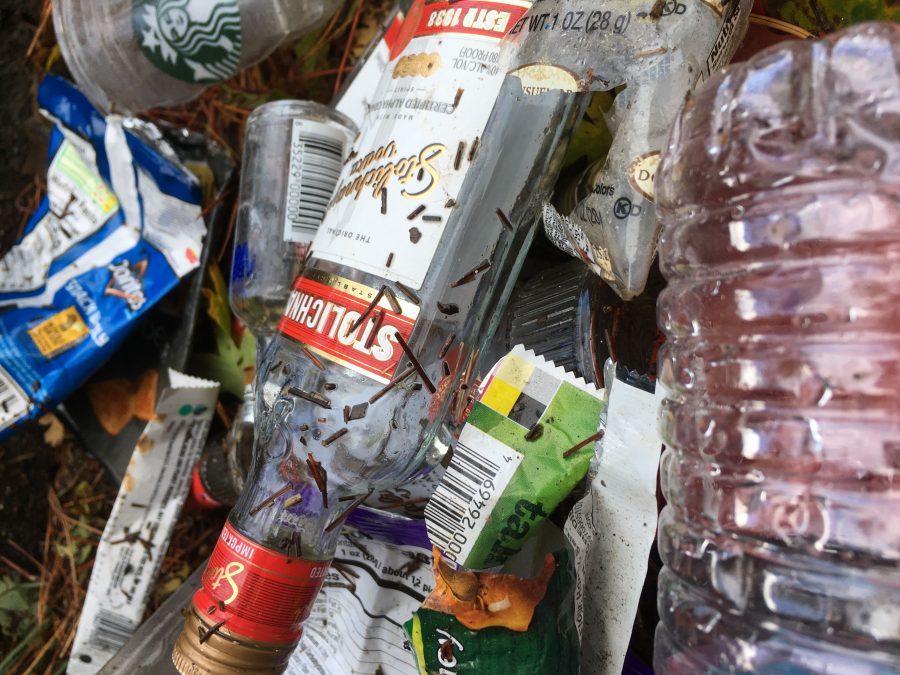

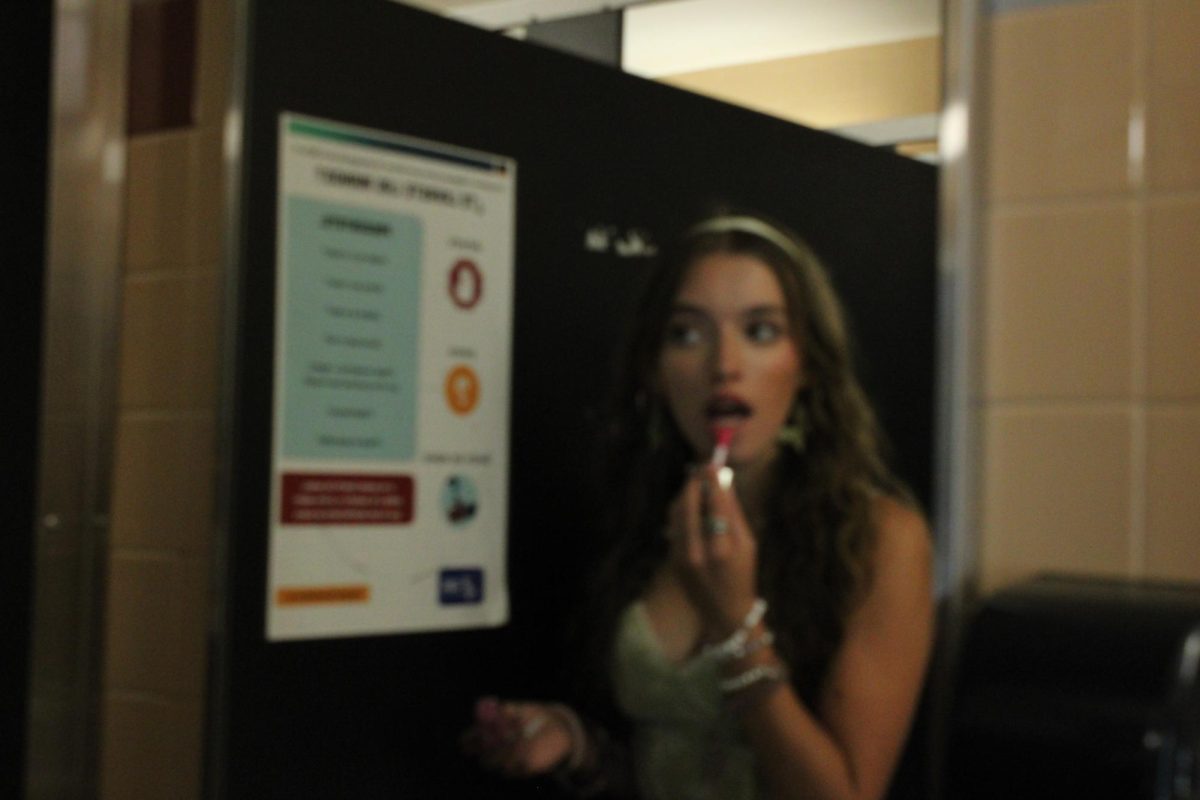


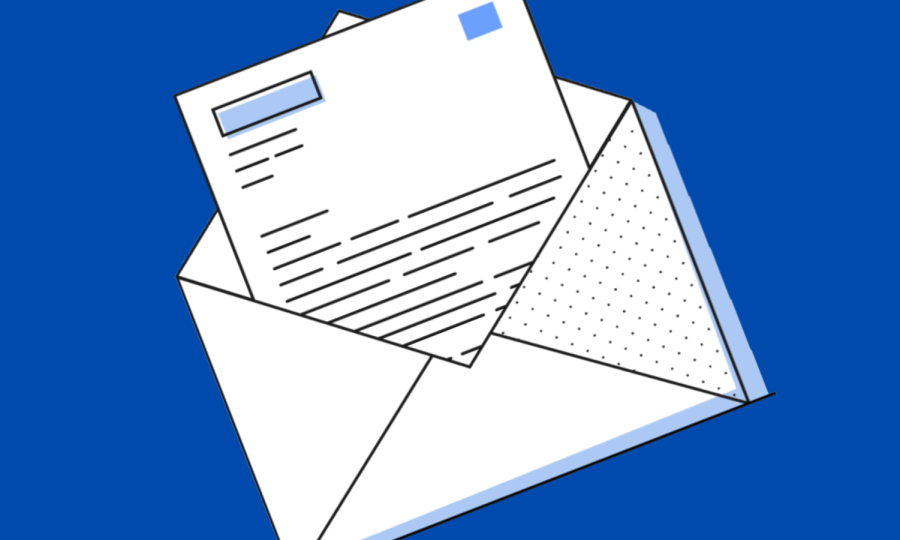

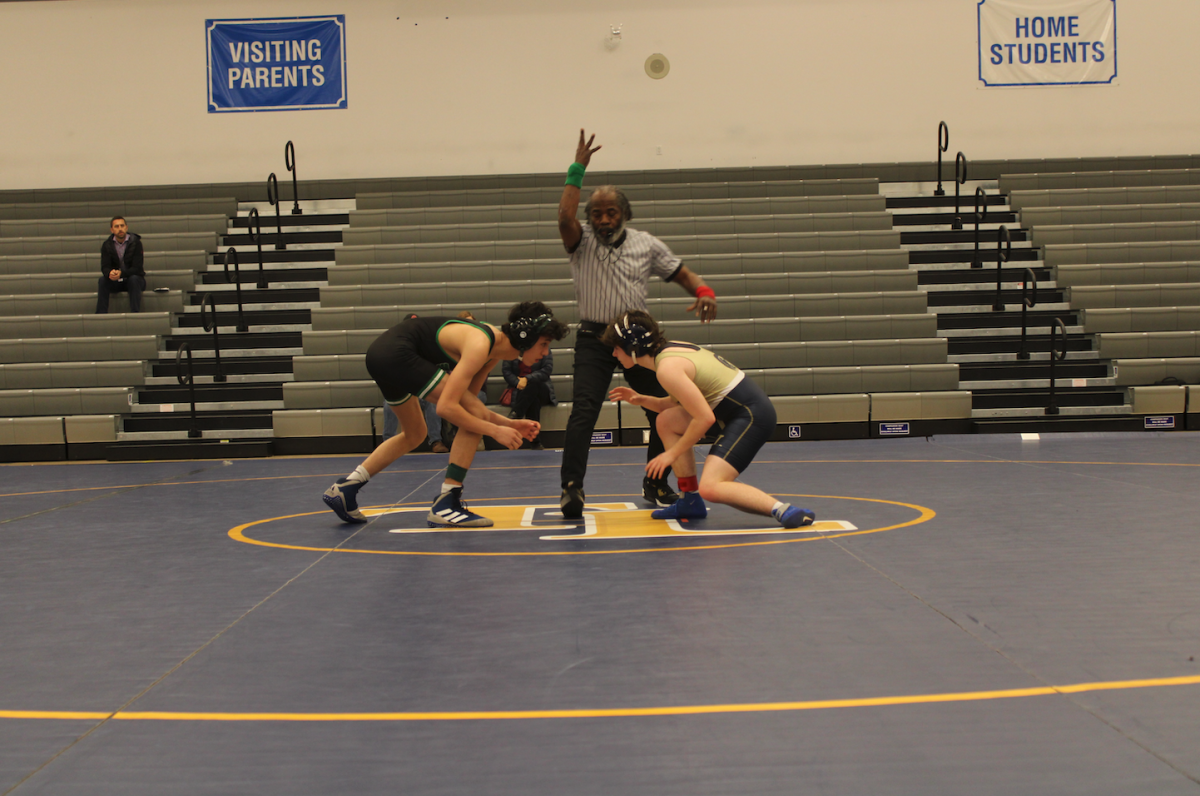

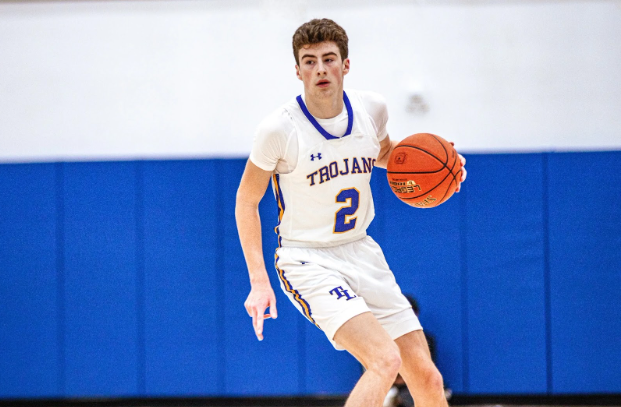
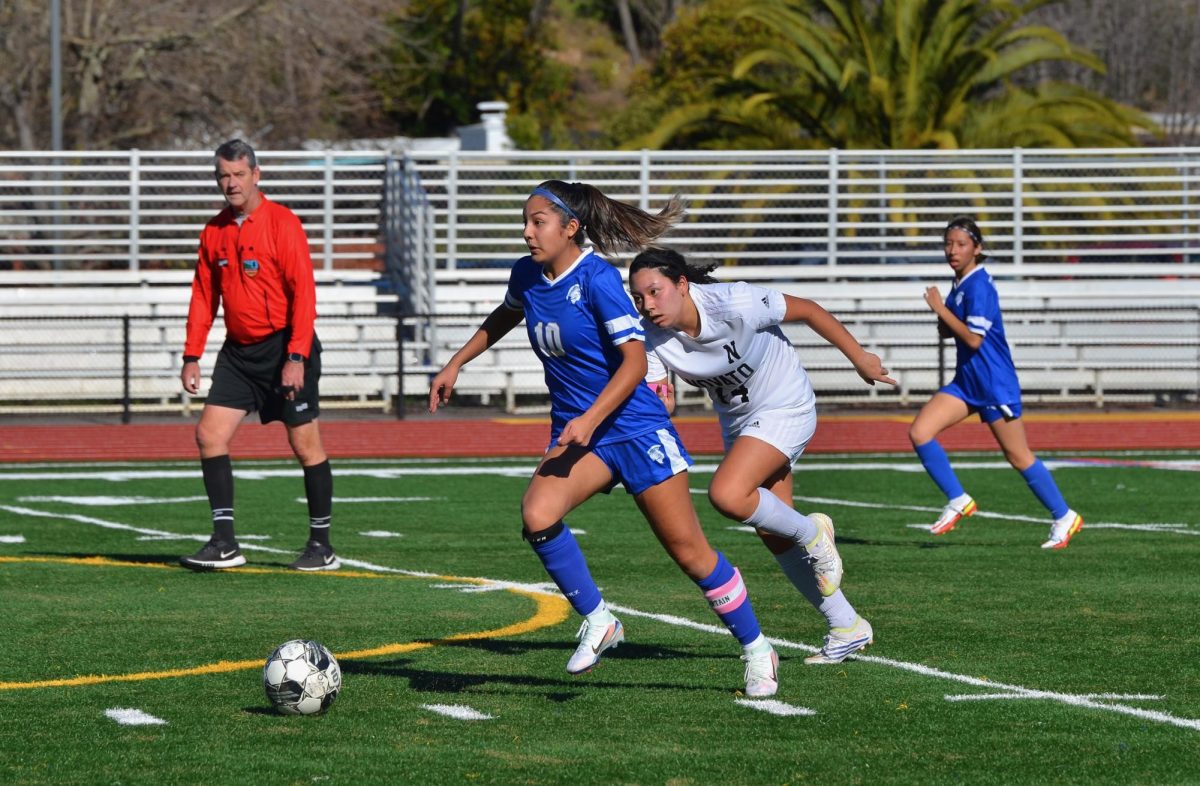

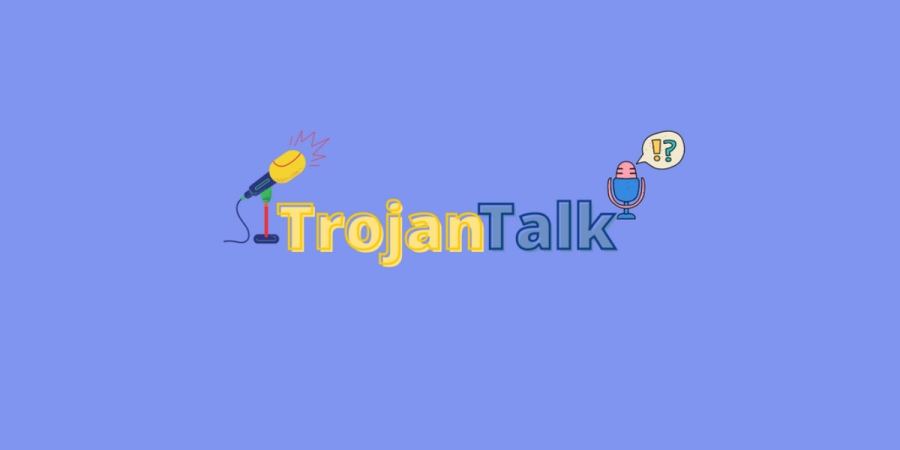
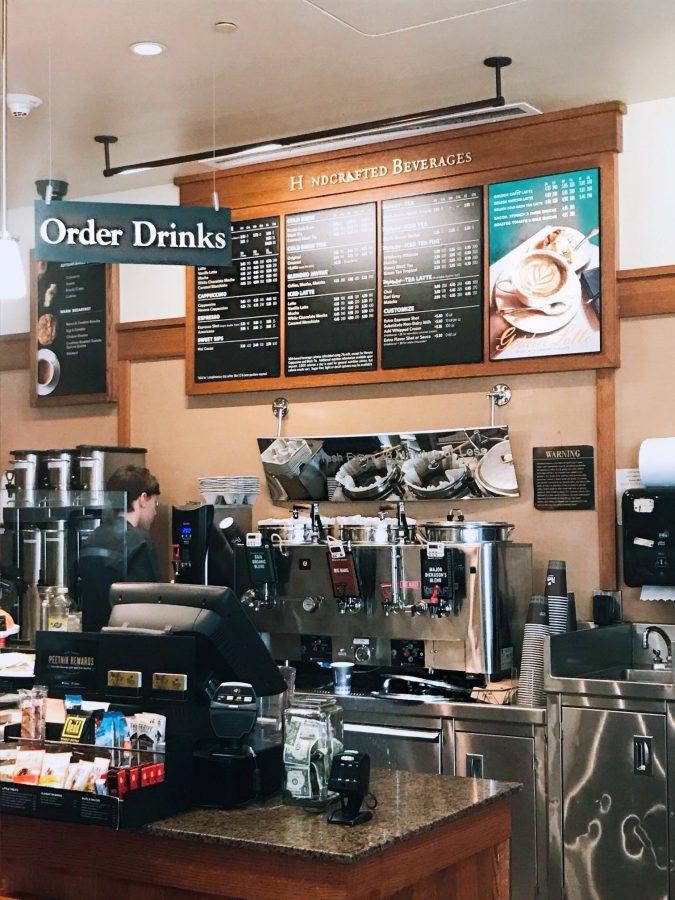

The Article Sugar Baby • Mar 21, 2019 at 2:00 pm
Great informative article. Gonna roast my coffee friends about the detriments. But this article made me think about sugar. So much sugar. Much addict. O dearz. Halp.
Sean Vasser • Mar 14, 2019 at 8:49 am
hello yes I would like my coffee to have extra crack please